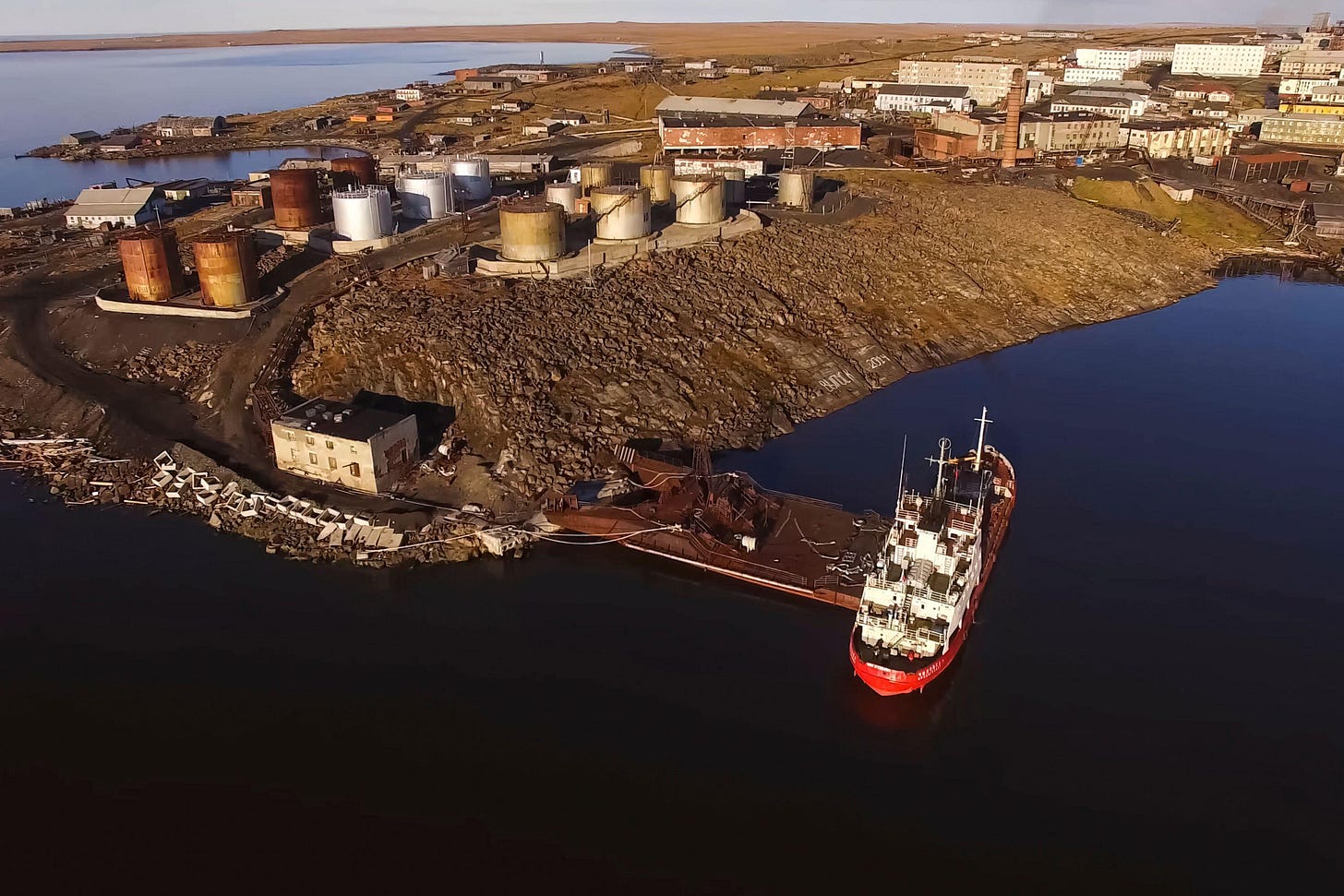Why North Sea oil and gas is likely to be Labour’s next U-turn
Brace yourself for a Miliband resignation.
On Tuesday, government ministers made some big announcements on Sizewell C and Small Modular Reactors (SMRs). And well done them: as with other big announcements like the Lower Thames Crossing, these are projects that needed to happen.
The pusillanimity that marked the Coalition and Tory governments is finally at an end. Of course, it’s not enough – the curse of being in a British government is that it’s never enough. When it's commissioned, Sizewell C will produce around 3.2 GigaWatts of power. How much of the UK's energy capacity is this? I doubt even the Prime Minister knows. And the answer? About 10% of what the UK needs during the middle of most days (demand at time of writing is 31GWs) and about 7% of what's required at maximum demand which hovers around 45GWs in mid-winter when it's grey and there's no wind.
Some 10% of required capacity is not nothing but, as it’s not arriving until the mid-2030s, it's infrastructure that will be replacing other forms of infrastructure, so it won't be a full addition of 10% capacity and likely nowhere near it. More nuclear power, however, is a good thing if you need to create baseload power and nuclear power is very good at that. As anyone that has watched the mini-series "Chernobyl" will know, turning nuclear power up or down is a very hard thing to do: nuclear power just is so it can flow without (hopefully) any interruption. As this column has said many times before, it's why France has to sell cheap energy to its neighbours during the summer months as they are doing this very afternoon.
The government also announced on Tuesday that Rolls Royce will lead its Small Modular Reactor (SMR) programme which will aim to build three SMRs. I assume, if they're serious, that three SMRs is just the beginning tranche of a much bigger programme; otherwise, the SMR programme will only generate 1.5 GWs of power in total. Either way, the government has announced today that they are building 4.7 GWs of power to come on stream in 10 years’ time but they need to do a lot more to reach a full solution to the UK’s energy needs and energy costs. It was ever thus with energy. Since there are no technologies that can solve our issues overnight (not storage, hydrogen, fusion, wave, heat pumps, wind, solar - they've all been around for decades), governments have had to rely on a mix of energies to power their national grids. Over the past year, the UK has used gas (30%), solar (6%), wind (30%), nuclear (15%), biomass (7%), France (7%) and Norway (4%) to provide power.
Any responsible policy platform on energy should reflect this mix but then, unfortunately, Labour policy platform has been dreamt up by Ed Miliband. He is a lot less wrong than most of his detractors say he is: in 100 years’ time, given the way global temperatures are headed, he is likely to be regarded as having been a voice in the wilderness that should have been listened to. But that’s the problem with being John the Baptist – no one is listening to you and it's probably worth reflecting on why that is. It's because reality is biting: you can’t replace gas – 30% of the energy mix – with renewables and storage alone and a lot of people told Miliband and Labour this many, many times both before they were elected and after.
At the same time, if you’re a government committed to both economic growth and social justice, you can’t ignore the fact that the UK North Sea makes an economic contribution five times greater than the steel industry and twice that of the car industry. Finally, and worse for Labour, the drive to Net Zero is hammering them electorally: that’s what happens when 200,000 North Sea jobs cannot be shifted any time soon into green energy – something else they were warned about. Can there be anyone in Labour wondering why Nigel Farage was in Aberdeen earlier this week?
Fortunately, it seems that for Starmer, ever the pragmatist, the penny has finally dropped. Jillian Ambrose wrote a long article in the Guardian earlier this week asking whether North Sea oil & gas might be Labour’s next U-turn. It feels vanishingly unlikely that Labour’s in-house newspaper would be asking such questions if the answer was no. As Ambrose makes clear, among other realities, it is simply crackers for the UK, at this time, to be importing gas from Qatar and the US which the UK can produce itself.
Brace yourself then for a Miliband resignation, which was as inevitable as the Trump-Musk falling out, and a return to that pre-Starmer political wilderness from whence he came.




